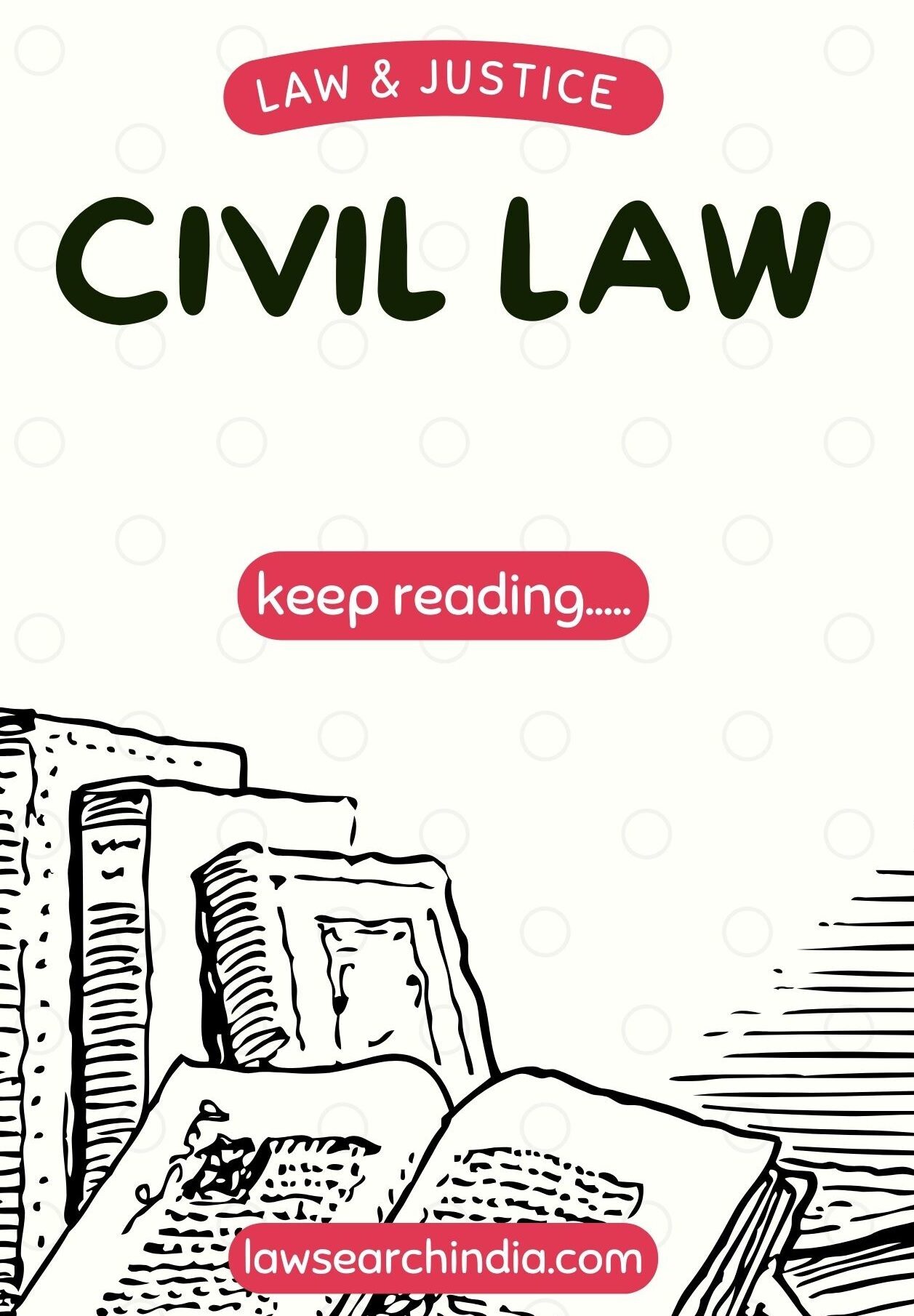
Introduction:
Lately the division bench of Hon’ble apex court has observed whether trail court should or should not permit the amendment of plaint when an application under order 7 rule 11 for the rejection of the plaint has been allowed thereby dismissing the suit.
Justice D. Y. Chandrachud & Justice M. R. Shah in Sayyed Ayaz Ali vs. Prakash G. Goyal & Ors. reported as (2021) 7 SCC 456 has dealt with the above said preposition.
Trial court:
Plaintiff instituted a suit before civil judge and respondent filed an application under order 7 rule 11 (b) and (d) wherein claiming dismissal of suit. Learned trial court was pleased to allow the said application and rejected the paint however, court further granted leave to amend for seeking the appropriate relief.
Plaintiff moved an application under Order 6 Rule 17 of CPC to amend the plaint thereby sought the declaration with regard to sale deed as the earlier plaint was only concerning injunction simpliciter. Ld. trial court allowed the said application.
High Court:
In so far as the order allowing the amendment is concerned the same was assailed in a civil revision petition and the order with regard to the rejection of plaint was challenged by filing a writ petition under Article 227 of the Constitution of India.
Ld. Single judge of High court was pleased to dispose off both the petitions with conjoint order and held that since there is rejection of plaint under order 7 rule 11 (d) it is impracticable to allow amendment of plaint and trial court made an error in granting time to amend the plaint. Therefore, the civil revision was allowed resultantly set aside the order of trial court concerning amendment of plaint and further no relief was granted in aforesaid writ petition thereby rejected petition and upheld order of trail court on application for rejection of plaint.
Supreme Court:
In the above said case a suit for injunction has been instituted only to protect the possession of plaintiff without claiming the title over the concerned property.
Claim for declaration:
Section 34 of Specific relief Act, envisage that a suit for mere declaration with no consequential remedy is impermissible. Thus, the question arose whether a suit without a claim for declaration is maintainable, it was asserted by the plaintiff that not seeking declaration of title is a different issue same should not be ground for the rejection of plaint under order 7 rule 11.
Writ or appeal against rejection of plaint:
In a writ filed against the rejection plaint it was contented by the defendant that since the rejection of plaint is ‘deemed decree’ same should have been challenged in a regular first appeal not by invoking the writ jurisdiction. Same was countered by plaintiff, contending that remedy of appeal under 96 of CPC does not bar recourse to the writ jurisdiction.
Supreme court in paragraph 19 opined that the section 2(2) of CPC mentioned the rejection of plaint as a “deemed decree” and the order of trial court rejecting the plaint is subjected to first appeal under section 96 and not writ. Therefore, the apex court affirmed the judgment of the High court for dismissal of writ.
Civil Revision against the amendment of plaint:
High court held that the trial court was not justified having allowed application for amendment under order 6 rule 17 while the relief for the rejection of plaint has been granted under order 7 rule 11 of CPC . Supreme court ratified the judgment of the High court and held that order of the trial court was not in consonance with law.
Liberty:
Since the writ was rejected on the ground that “rejection of plaint” is “decree” within the section 2 (2) CPC and writ is not appropriate remedy, therefore the plaintiff was granted the liberty to resort to appropriate remedy that is appeal under section 96 of CPC in case deemed decree.
Conclusion:
From the aforesaid judgment it could be comprehended that where an application for the rejection of plaint is allowed and suit is dismissed that is considered as a ‘deemed decree’ within the section 2(2) of CPC. The only remedy for assailing a deemed decree is appeal under section 96 of CPC. Once the suit is dismissed trial court have no further power to adjudicate any further rights of the parties, the only statutory remedy for the aggrieved person is to reach the appellate court. Moreover if an application for order 7 rule 11 is decided and allowed the issue is clinched then and there. The trial court could not transcend its jurisdiction by allowing further an application for amendment of plaint, as the said power court could invoke only before the commencement of trial unless court inferred that party could not have bring forth such matter even with due diligence.
